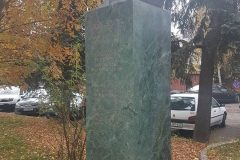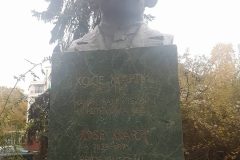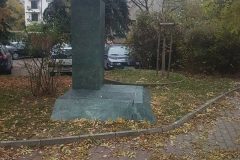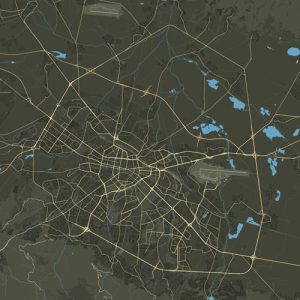In the heart of Sofia, within the “Jose Marti” square adjacent to the “Moscow” park-hotel, stands a bust monument dedicated to the renowned Cuban poet and revolutionary, José Martí.
José Martí, revered as a Cuban national hero, poet, writer, politician, publicist, and philosopher, played a pivotal role in the fight for Cuba’s independence from Spanish colonial rule. Known as the Apostle (El Apóstol) and considered the founder of modernism in literary circles, Martí was born on January 28, 1853, in Havana, into a military family.
At the age of 15, he published several poems, and by 16, he founded the newspaper “Svobodna Rodina” (La patria libre). During the revolutionary upheaval in Cuba in 1868, he openly supported the insurgents and was subsequently deported to Spain in 1871. While in Spain, he pursued higher education, studying literature, philosophy, and law at the University of Madrid, earning a master’s degree in humanities in 1874.
After traveling the world and visiting countries such as France, Mexico, Guatemala, and Venezuela, Martí returned to Cuba in 1879. Despite being deported back to Spain for his preparations for an uprising against the Spanish colonizers, he continued his revolutionary activities. Between 1880 and 1895, Martí resided in the USA, working as a correspondent for Latin American newspapers, writing articles and books, and engaging in teaching.
In 1895, he returned to Cuba to actively participate in the national liberation uprising. Tragically, he lost his life in a battle with Spanish troops at Dos Rios on May 19, 1895. Martí’s legacy endures, with the Havana airport bearing his name, and a grand mausoleum dedicated to him in the Santa Ifigenia cemetery in Santiago de Cuba.
His image is also featured on the 1 Cuban peso banknote, emphasizing his lasting impact on Cuban history and culture.





